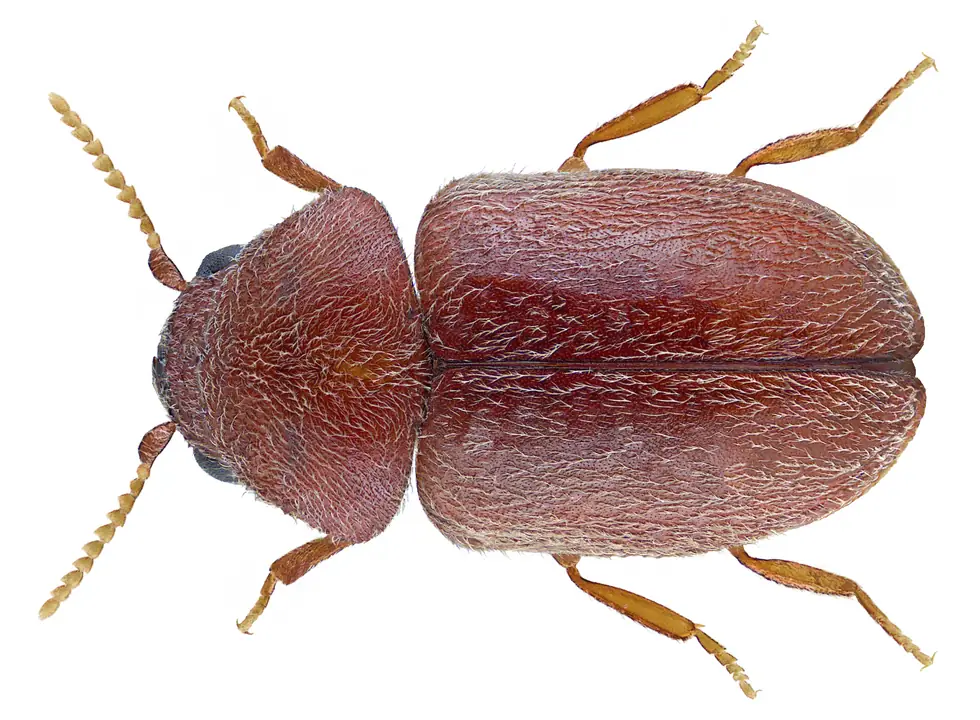Many cigar enthusiasts wonder if freezing cigars is a good idea. The answer is yes—it can be beneficial under certain conditions, but it must be done carefully to avoid damaging your collection. In this article, we’ll explore why and when freezing cigars might be necessary, along with the correct methods to ensure your cigars remain in excellent condition.
Reasons to Freeze Cigars
Freezing cigars is not a common practice, but it can serve specific purposes when necessary. Here are the main reasons to consider freezing:
Beetle & Pest Infestation
Freezing cigars effectively eliminates tobacco beetles and other pests. These tiny invaders can destroy cigars by burrowing into the tobacco, leaving unsightly holes and dust behind.
Preservation
If you need to store cigars for an extended period, freezing can help preserve their flavors and aromas. This method can safeguard against degradation caused by time or improper storage.
Consistency
Freezing protects cigars from sudden fluctuations in temperature and humidity, which can impact their quality. By stabilizing conditions, you reduce the risk of cracking or drying out.
Stop Mold Growth
Freezing can halt the growth of mold spores that might otherwise thrive in humid environments, saving your cigars from being ruined.
Control Aging Process
While aging cigars in a humidor is common, controlled freezing can slow down the maturation of flavors, allowing you to compare results with different techniques.
Transportation
Freezing cigars during shipping or travel can prevent damage from environmental changes, especially when moving between regions with varying climates.
More on Tobacco Beetle Infestation

The most common reason to freeze cigars is to combat tobacco beetles. These pests are harmless to humans but destructive to cigars, thriving in warm, humid conditions. Evidence of an infestation includes small pinholes in the cigar wrapper and piles of tobacco dust inside your humidor.
In the past, tobacco beetles were more prevalent due to manufacturers not freezing tobacco during production. Today, freezing is standard in the cigar industry, making infestations rare—but not impossible.
Regularly monitoring the temperature and humidity of your humidor is key to preventing beetles. Proper storage conditions and early detection can save your collection and eliminate the need for freezing.
How Do I Freeze My Cigars?
If freezing becomes necessary, follow these steps to ensure your cigars remain in good condition.
Preparation
Start by gathering essential supplies, such as freezer bags and airtight containers. Inspect each cigar for damage or signs of mold. Discard any affected cigars, and quarantine the rest in zippered plastic bags. Clean and reset your humidor before reintroducing the cigars.
Freezing Steps
- Acclimate the Cigars: Place them in the refrigerator for a few hours to gradually lower their temperature.
- Freeze: Transfer the cigars to the freezer for 24–48 hours. This step kills any pests or mold spores without risking damage.
- Thaw Gradually: Move the cigars back to the refrigerator for slow thawing. Optionally, allow them to warm further in a cooler or at room temperature before placing them in the humidor.
Post-Freezing Recovery
After freezing, allow the cigars to rehydrate in your humidor for several days to a week. Avoid rushing this process, as rapid temperature changes can ruin the cigars’ oils and natural sugars.
Freezer Type Matters

The type of freezer you use plays a significant role in the outcome. Modern frost-free freezers are designed to reduce humidity to prevent ice buildup, which is excellent for food but harmful to cigars. The lack of moisture can dry out cigars, stripping them of their essential oils and sugars.
Traditional freezers, which maintain higher humidity levels, are less likely to cause this damage. If you plan to freeze cigars, choose a freezer that doesn’t aggressively dehumidify.
Can I Store Cigars in the Freezer Long-Term Like Walt Disney’s Body?
A common misconception is that cigars can be stored in the freezer indefinitely. Unfortunately, this is not true. Prolonged freezing dries out cigars beyond repair. Even if you rehydrate them afterward, the oils and sugars responsible for flavor and aroma cannot be restored. This leaves cigars tasting flat and lifeless.
For long-term storage, a high-quality humidor is a far better option. Freezing should only be considered a short-term solution for specific issues, like pest infestations.
Final Thoughts

Freezing cigars can be a helpful tool in certain situations, but it’s not a practice to take lightly. When done incorrectly, freezing can do more harm than good. Prevention is always the best approach—maintain proper storage conditions in your humidor to protect your cigars from pests, mold, and environmental fluctuations.
Investing in a reliable humidor ensures your cigars age gracefully and retain their quality over time. Use freezing only as a last resort, and follow the steps outlined here to minimize risks. By staying informed and vigilant, you’ll enjoy the full flavor and aroma of your cigars for years to come.

Leave a Reply